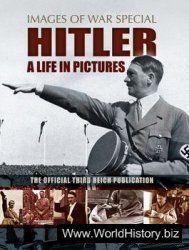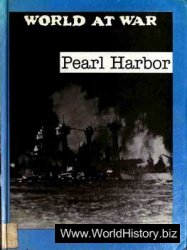The Union Party was a short-lived phenomenon, created in the summer of 1936 and withering away after its weak showing in the election of 1936. William “Liberty Bill” Lemke, a North Dakota congressman unhappy that the New Deal was doing too little for impoverished farmers, ran for president on the Union Party ticket. The party was formed by Father Charles E. Coughlin, a bitter foe of President Franklin D. Roosevelt by the mid-1930s, who tried to forge a coalition of his followers with those of other critics of the limits of the early New Deal—in particular, Dr. Francis Townsend, who had rallied millions of elderly people behind his old-age pension plan, and Huey P. Long, whose Share Our Wealth clubs had enlisted millions of supporters. Townsend agreed to support the new party, as did Gerald L. K. Smith, who had assumed leadership of the Share Our Wealth clubs after Long’s assassination in 1935.
But by 1936, the potential strength of those groups had faded. Not only was the magnetic Long dead, but the Second New Deal of 1935, by passing such measures as the Social Security Act and the Revenue Act of 1935 (or “Wealth Tax”), had seemed to meet key demands of Townsend and Long. Roosevelt in 1936 proved again an adept campaigner, aggressively reaching out to lower-income voters who had seemed dissatisfied a year earlier. With no real organization, indeed with no common cause apart from its leaders’ enmity for Roosevelt, the Union Party fell into bitter disarray. Townsend distanced himself from the campaign, and Smith and Coughlin became increasingly intemperate. Calling Roosevelt a “betrayer and liar,” a communist, and a “scab president,” Coughlin was denounced by his superiors in the Catholic Church. When Coughlin began calling Lemke “Liberty Bell Lemke,” critics reminded voters that the Liberty Bell was cracked. Lemke (educated at Georgetown and at Yale Law School) campaigned gamely on, but with no success. Coughlin had claimed that the party would win at least 9 million votes; in fact, it won only 882,479, just 1.9 percent of the vote. Coughlin veered into the ANTI-Semitism that marked the rest of his career. Lemke tried to keep the party alive, but he gave up the effort by the end of the decade.
Further reading: David H. Bennett, Demagogues in the Great Depression: American Radicals and the Union Party, 1932-1936 (New Brunswick, N. J.: Rutgers University Press, 1969); Alan Brinkley, Voices of Protest: Huey Long, Father Coughlin, and the Great Depression (New York: Knopf, 1982).




 World History
World History









